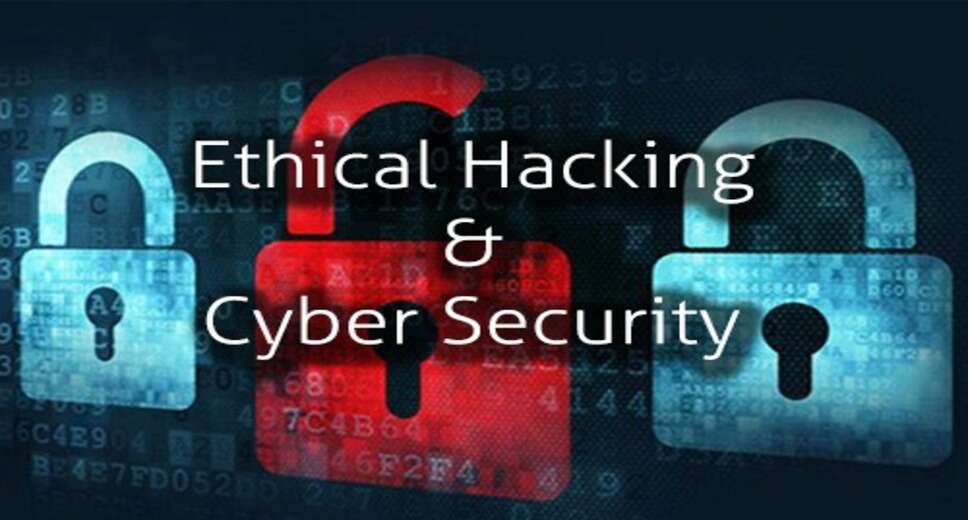Ethical Hacking vs. Cyber Security: 9 Key Differences Demystified
In an increasingly digital world, the roles of ethical hacking and cybersecurity have become paramount in safeguarding online data, ensuring user authentication, and protecting privacy. While both fields contribute to the overarching goal of online security, they have distinct focuses and objectives. In this article, we'll explore the nine key differences between ethical hacking and cybersecurity, shedding light on their respective roles and importance.

In an increasingly digital world, the roles of ethical hacking and cybersecurity have become paramount in safeguarding online data, ensuring user authentication, and protecting privacy. While both fields contribute to the overarching goal of online security, they have distinct focuses and objectives. In this article, we'll explore the nine key differences between ethical hacking and cybersecurity, shedding light on their respective roles and importance.

1. Mode of Working
- Ethical Hacking: Ethical hackers aim to bypass security measures to identify potential data threats.
- Cybersecurity: The primary objective of cybersecurity is to recognize and resolve security issues, preventing unauthorized access or malicious attacks.

2. End Goal
- Ethical Hacking: Ethical hackers seek to exploit business weaknesses and expose security flaws.
- Cybersecurity: Cybersecurity professionals report unauthorized usage or security policy violations.
3. Production Environment
- Ethical Hacking: Ethical hacking evaluates systems based on company security guidelines.
- Cybersecurity: Cybersecurity involves auditing all security technologies used in a business to identify violations.
4. Reporting
- Ethical Hacking: Ethical hacking produces extensive documentation to identify system flaws.
- Cybersecurity: Cybersecurity requires higher maintenance paperwork, focusing on security policy and methodology.
5. Client Usage
- Ethical Hacking: Ethical hackers expose flaws in a product to the client and suggest ways to strengthen them.
- Cybersecurity: Cybersecurity demonstrates the use of the latest techniques and technologies to protect technology.
6. Problem Solving
- Ethical Hacking: Ethical hacking demonstrates how an attack can be initiated and successful.
- Cybersecurity: Cybersecurity identifies security policy and methodology flaws that can lead to violations.
7. Data Access
- Ethical Hacking: Ethical hackers devise ways to breach the security mechanism.
- Cybersecurity: Cybersecurity specialists already have access to the system at risk.
8. Job Roles
- Ethical Hacking: Job roles include security managers and vulnerability testers.
- Cybersecurity: Cybersecurity encompasses roles such as SPC engineers, CISOs, and security analysts.
9. Learning Complexity
- Ethical Hacking: Ethical hackers must be creative and think outside the box to breach systems.
- Cybersecurity: Cybersecurity professionals require in-depth knowledge of specific company strategies, procedures, and tools.
Why is Cybersecurity Important? Cybersecurity plays a critical role in protecting against a range of threats, from data theft to system collapses that can impact entire organizations. It safeguards personal information and defends vital infrastructures like power grids and banking systems.
Why is Ethical Hacking Important? Ethical hacking involves attacking a system or network to uncover vulnerabilities, thereby assessing its security. It helps prevent theft, unauthorized access, and system destruction.
As online data risks and attacks continue to rise, the significance of cybersecurity and ethical hacking has never been greater. Professionals in these fields are in high demand, as they play essential roles in safeguarding digital assets and ensuring the security and privacy of individuals and organizations in an increasingly interconnected world. Understanding the distinctions between these two fields is crucial for anyone interested in the realm of online security.
